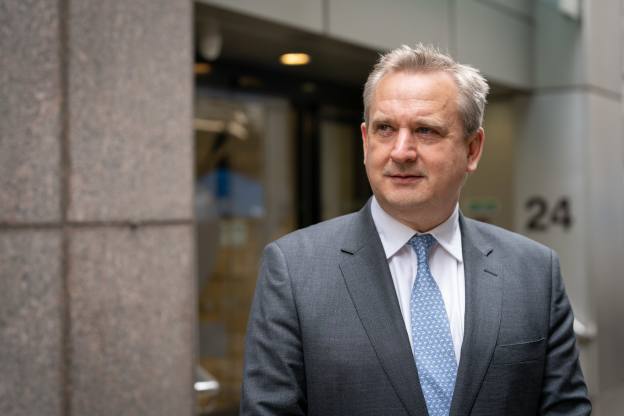
When Michael Bishop joined the wealth management division of WH Ireland as head of wealth management at the start of 2022, he was entering a world somewhat different to what he had been used to so far in his professional career.
Bishop joined from the giant Swiss bank UBS, where helped build a business which came to have a team of 650 people in the firm’s UK wealth management operation, and prior to that had worked at accountancy giant PWC.
From those relatively gilded worlds he joined WH Ireland’s wealth management unit, a business with assets under management of less than £2bn and which was loss-making.
But he says WH Ireland represents a “strong opportunity” for him, something he feels the forthcoming consumer duty regulations will help with.
He says: “The consumer duty levels the playing field somewhat and should help boutique firms. The fact that we will all have to show good outcomes for clients I think helps us, and the approach we are taking, being more team-based with the financial planners and investment managers working as part of a team.
"The client still has a single point of contact of course, I think that’s very important, but I think consumer duty means a move away from the old tradition of a stockbroker doing everything for the client, and enables a more institutional level of service for clients.”
He says WH Ireland is working towards a situation where it will be normal for a client to meet their financial planner and their investment manager at the same time, with the adviser working out their long-term objectives and the investment manager implementing the strategy. He views this as part of a plan to move away from being a pure stockbroker and instead being a full service wealth manager.
Bishop expects that a client may not wish to see their financial adviser that regularly: “Really it would be when there has been a change of circumstances; the job of the financial adviser is really to manage the change in circumstances. The investment manager then gets involved.
"The way I think about it is, clients have an app where they can get a real-time valuation of their portfolio, and our chief investment officer sends out updates about how he sees the world. But the one thing an app can’t do is help a client whose circumstances have changed, or whose financial goals have changed. That’s where the financial planner comes in.”
Bishop began his professional career as an accountant and joined UBS in London in 2000 to provide tax advice to companies, and as the dotcom boom created a lot of newly wealthy people, this evolved into providing tax planning for the founders of those dotcom businesses.






